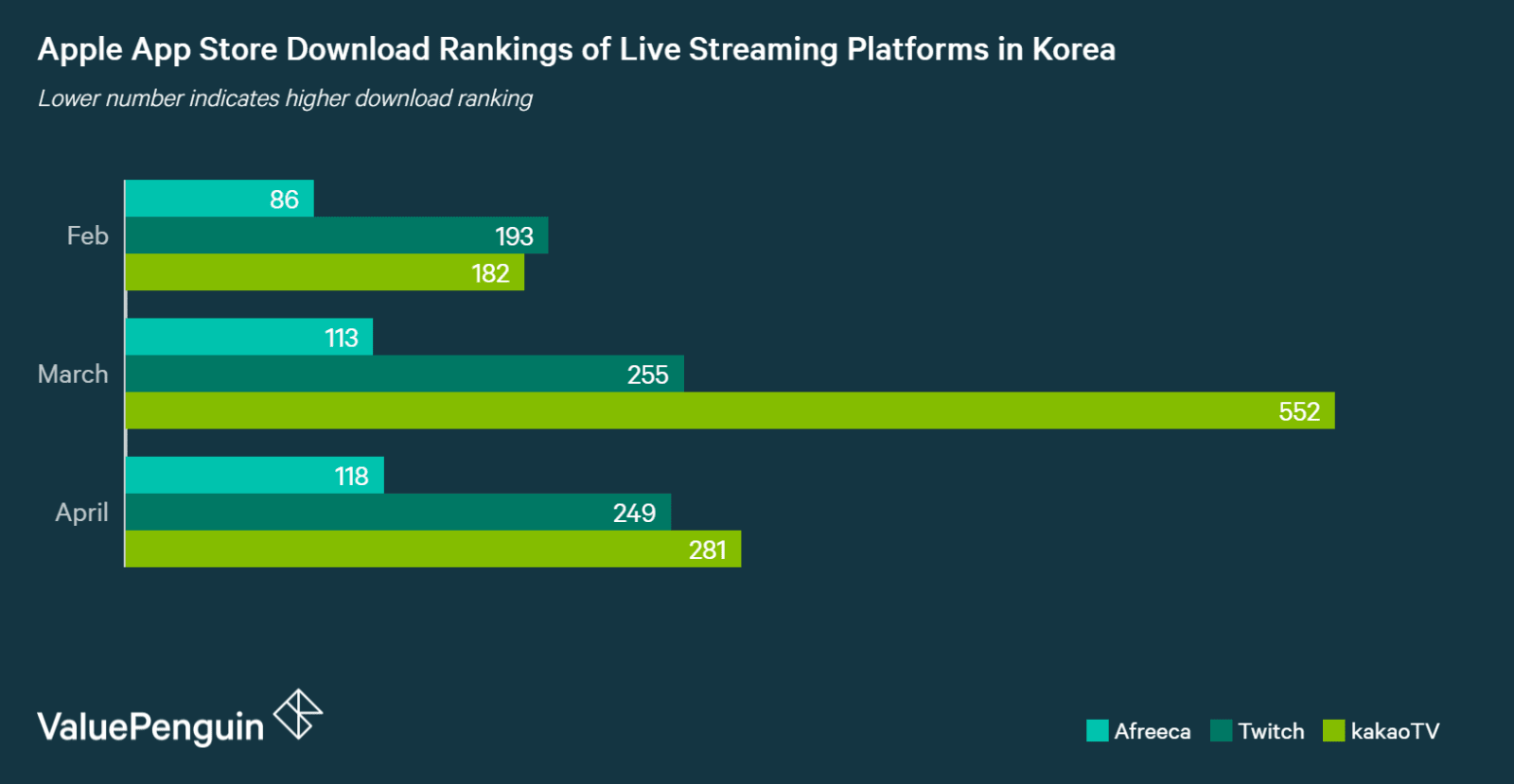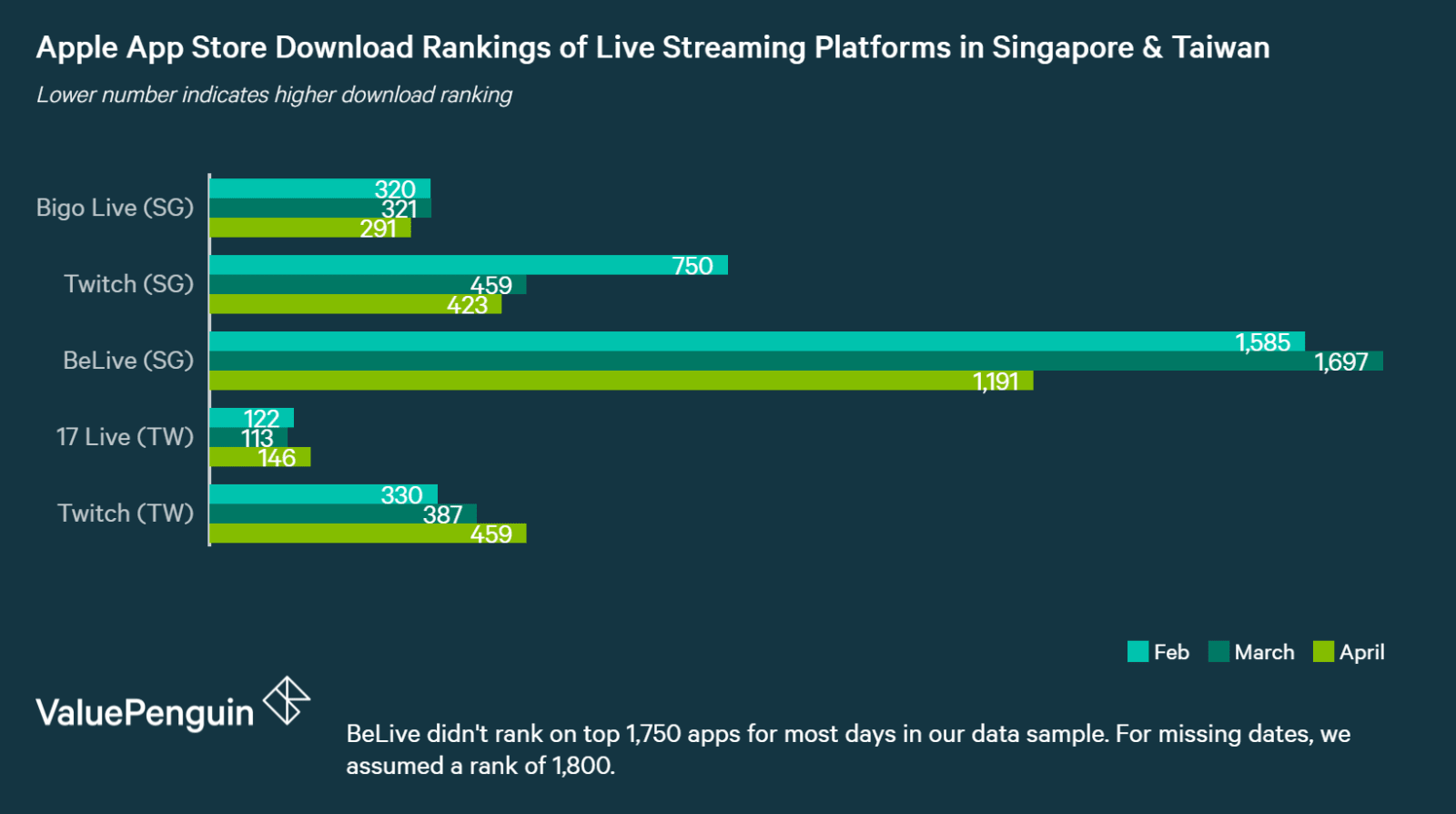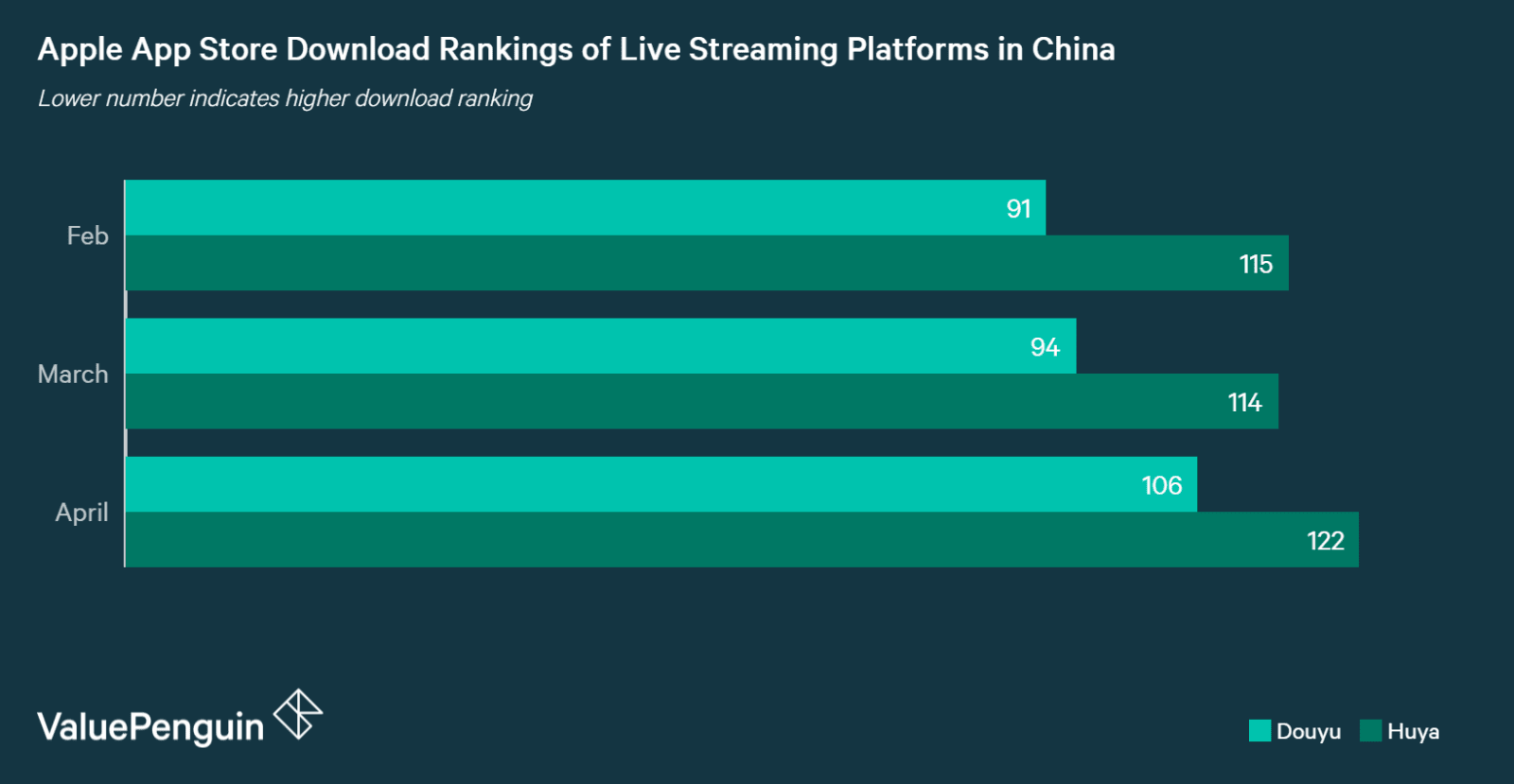Asia-based live-streaming apps have the advantage of localisation, but how do they measure up against international variants?

Live-streaming platforms have been growing in popularity like wildfire in Asia. Singapore already boasts 2 homegrown companies in the space like Bigo Live and BeLive, while China supposedly has over 4,900 live-streaming apps.
But, by far the biggest player in the industry has been Twitch, the US-based streaming platform mostly used by gamers, which currently boasts more than 15 million daily users globally. Given that even the largest platform in China (which is inaccessible for US companies like Twitch) has less than that in monthly active users, the gap between the world leader and all others seem rather large. Will Twitch prevail in the global live streaming industry as has Facebook, Youtube and Google, or will local players be able to fight back?
Local companies still dominate each market
Despite what the overall user numbers might suggest on the surface, it seems that local players in Asia have good reasons to be optimistic: the local leaders have maintained their dominance in their respective markets over global players like Twitch. For example, AfreecaTV, one of the first and the leading live-streaming platform in Korea, has maintained an average download ranking of around 100 on the Apple App store from February to April, which is vastly ahead of both Twitch and its local competitor kakaoTV’s download rankings in the country.

We saw a similar trend in other countries like Singapore and Taiwan. In both regions, the local leaders Bigo Live and 17 Live had much higher download rankings compared to their peers, local or global.

Explaining network effect of live streaming platforms
How are much smaller companies like Afreeca TV, Bigo Live and 17 Media able to successfully compete against global giants like Twitch? We believe they are able to succeed due to a phenomenon called network effect. To put it simply, more streamers attract more users, which in turn work to retain successful streamers while also recruiting future star streamers at the same time. This effect works in an endless loop that keeps most users and streamers to one leading platform, and away from others. Not only that, it seems that live streaming platforms, in particular, enjoy a very “local” network effect due to differences in languages and cultures.
Also Read: China removes 370 live-streaming apps, cracks down on online games
For example, a Korean broadcaster would not be able to communicate well with an audience that only speaks Chinese or English. Even if automatic translation were available, their content aren’t always attractive to foreign audience whose cultural context are often too different to appreciate the streamer’s jokes and commentaries. Furthermore, even if Twitch or other competitors were to offer economic incentives to switch, they don’t seem to be moving because doing so could risk losing a big chunk of their followers. This explains why one player tends to be so dominant in a market, with a pretty large gap against its competitors.
Lessons from China
One exception to this dynamic has been China. The market there has largely been a two-horse race between Douyu and Huya, largely due to the fact that both players started around the same time and were both extremely well funded. However, both companies recently received major investments from Tencent, an internet giant in China.
While this move insinuates that Douyu and Huya will be merged into one entity at some point, there is one more interesting implication to this deal.

First, Tencent is one of the biggest game companies in the world that either owns or has invested in numerous major gaming companies around the world like Activision Blizzard, Riot and Supercell. Given that e-sports and live-streaming are so closely intertwined (most of the viewership currently is for watching other people play games), Tencent’s new investments are quite interesting.
What if Tencent were to leverage its vast game portfolio to truly differentiate Douyu & Huya’s content by restricting live broadcast of certain games to their platforms, i.e. force professional League of Legends players to broadcast only on Douyu or Huya’s international websites or otherwise risk being banned from the tournaments permanently?
Also Read: Streaming is hugely successful, but why can’t content creators make money?
Admittedly, these are wild and extreme speculations, especially in the context of the global market. However, there’s no telling what could happen to Twitch, AfreecaTV or Bigo Live if Tencent were to actually implement such a strategy. What is clear is that Tencent now has the potential to create a differentiated “content library” to compete against local streaming platforms in the same way Netflix has done with its original content portfolio. Despite the recent pullback in Tencent’s stock price, this company still has so much potential for growth, and could be a great investment opportunity for the right-minded stock pickers. It has amassed an immense market power in the gaming and media industry in China and potentially around the world.
—
This article originally appeared on ValuePenguin.
e27 publishes relevant guest contributions from the community. Share your honest opinions and expert knowledge by submitting your content here.
Echelon Asia Summit 2018 is e27’s flagship platform that brings together startups, investors, corporates, governments, tech ecosystem players and customers.
Image Credit: gmast3r / 123RF Stock Photo
The post Live-streaming platforms in Asia: Will they overcome Twitch? appeared first on e27.